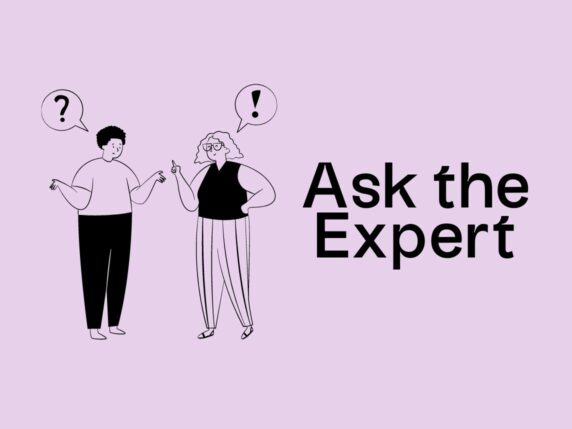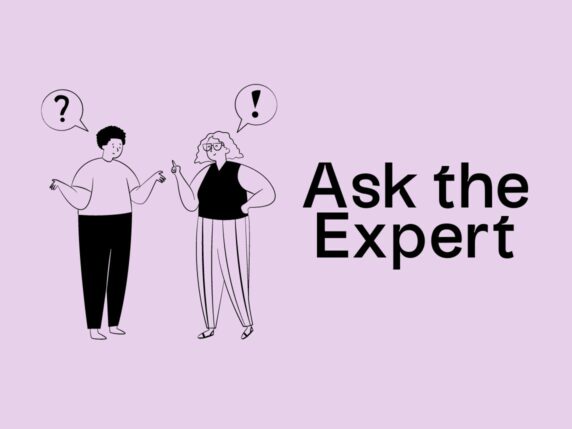'How do I stop another business from using my trade mark?'
When you have put in years of work building a brand, it can come as a shock to find someone else is using your trade mark. If you are a business with a strong brand, a trade mark infringement may become a business-critical threat. Even if your selling points lie primarily in your patented technology or technical designs, there is a real risk that customers may inadvertently purchase goods from a competitor using your trade mark.
Are you experiencing problems with a business that is
- Advertising a product or service with your trade mark?
- Using a trade mark on their items or packaging?
- Using a trade mark that is very similar?
- Providing goods or services under your trade mark?
As some cases require immediate action, we suggest you contact a trademark solicitor as early as possible for advice.
Before you contact us, we suggest you:
- Collect evidence to support your claim - it is important to provide screenshots that are full-screen and clearly dated and that here’s a clear indication of what country the material is targeted at.
- Be careful not to create evidence that favours the infringer – if you instruct staff or friends to conduct too many searches, you may inadvertently improve the Google search ranking of the person that you suspect is using your trade mark.
- Think very carefully before contacting the infringer yourself – there are some legal traps you need to steer clear of.
What we will look at when we receive your instructions
- Have you registered your trade marks? Has the infringer? Are the registrations vulnerable?
- Which countries are affected and what is the trading history of your and the infringer’s businesses there?
- How similar are the words/logos being used by each of you?
Forming the strategy
Our initial meeting with you will lead to you choosing a strategy. You may decide to:
- Contact the infringer yourself with our guidance kept behind the scenes. This is often the best choice if you want to let the other side 'save face'.
- Instruct us (or lawyers from our overseas network of associates if appropriate) to send a cease and desist letter.
- Bring trade mark opposition, cancellation or revocation proceedings to deal pre-emptively with the other side’s trade mark filings.
What lawyers consider in trade mark infringement cases
All intellectual property claims involve comparing the other side’s activity to your earlier intellectual property right to see whether your intellectual property right is strong and relevant enough to give you a right to stop what the other side is doing. When it comes to trade mark infringement:
- Earlier registration is important but not the whole story. If the infringer has an earlier trade mark we consider whether we can cancel it. If your mark is earlier we consider if it is strong or vulnerable.
- Using principles from case law, we compare your mark with the infringer’s logo/words used to assess how similar they are.
- Using principles from case law we compare the goods/services being offered by the infringer to the goods/services you have a registration or proven use for.
The actions we take
- Through our letters and calls, we can usually persuade the infringer that they are better off complying with our client’s reasonable requests to cease and desist.
- The question of whether to press for repayment of costs and/or damages is a finely balanced one. Sometimes if the harm has been stopped before too much damage is done, it’s best to move on. At other times it is necessary to press for a significant payment after considering whether the infringer has the resources to pay and can be found within a jurisdiction where you can enforce.
- On the rare occasions that our involvement does not lead to an acceptable solution, we sue on your behalf. This concentrates the mind of infringers. We typically find the litigation settles at or before the first case management conference – very few cases go to trial.
- For stubborn hijackers of domain names, we use the online arbitration processes provided by or through the World Intellectual Property Organisation. These are far quicker and cheaper than litigation and most often result in a decision that the domain name be transferred to our client.
How can you prevent trade mark infringement in the future?
The experience of infringement is not one our clients want to repeat. As part of, or following, resolution of the immediate infringement, we consider with our client what further trade mark registrations would be advisable and secure these for them.
Once the crisis is over, there is a risk of new infringers slipping below the radar. The solution is to use a trade mark watching service. We can now offer this service within our low cost subscription plans. We monitor trade mark registers in real-time, alerting you of conflicting uses of your mark or similar marks. We can then advise what action should be taken to stop the use becoming a significant problem. Often all that is required is to oppose a prospective infringer’s trade mark application in the relevant national or regional registry.
What to do if you believe someone is using your trademark without permission?
If you believe your trade mark is being used without permission, it is important to seek legal advice before the situation escalates. There may be a temptation to try and deal with the infringement yourself, however, there is always a risk that in doing so you may unknowingly say or do things that might ultimately weaken your case. Our team of IP specialists can determine if a trade mark infringement has taken place and we can use our experience to deal with the claim in a quick and cost effective manner.





